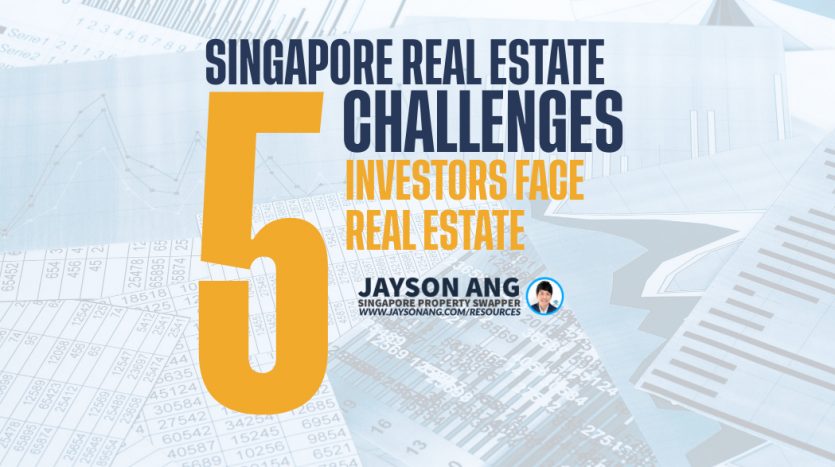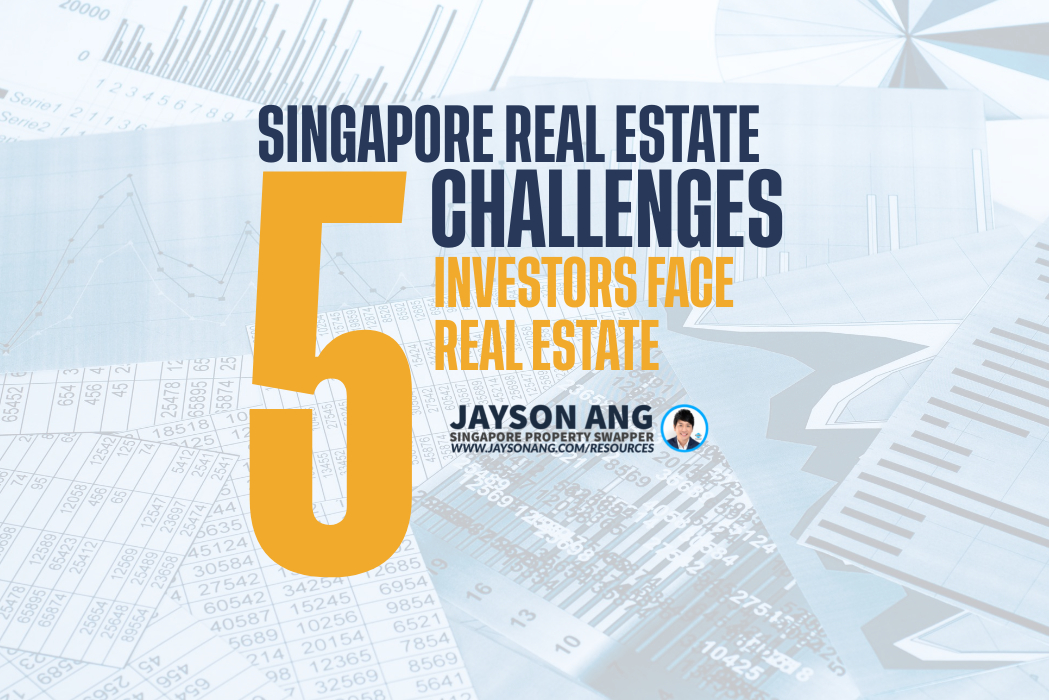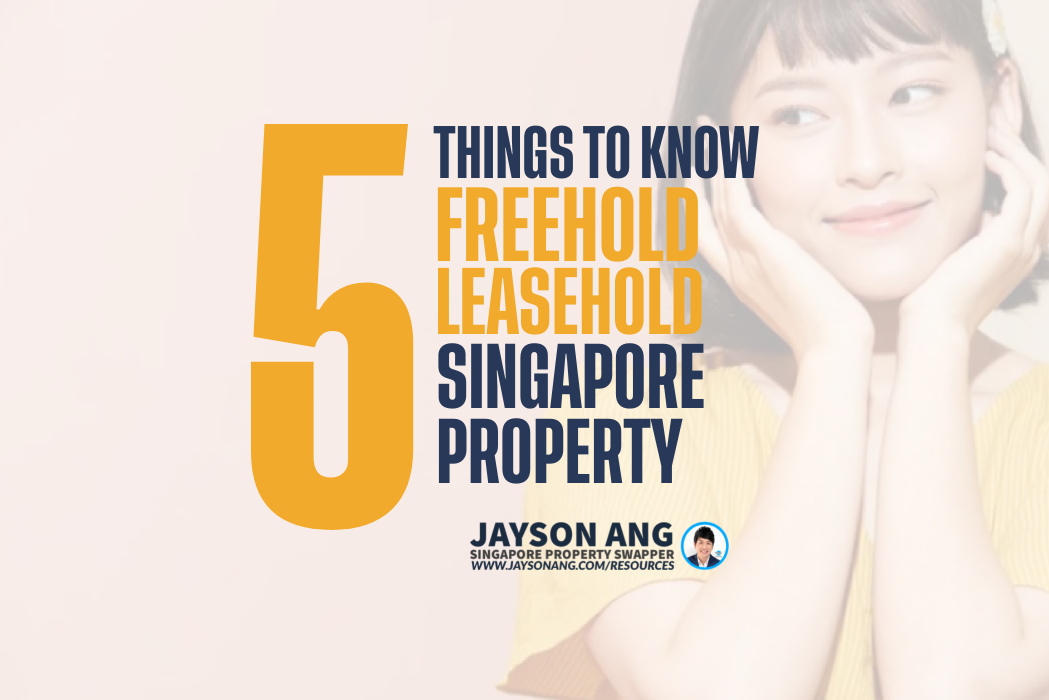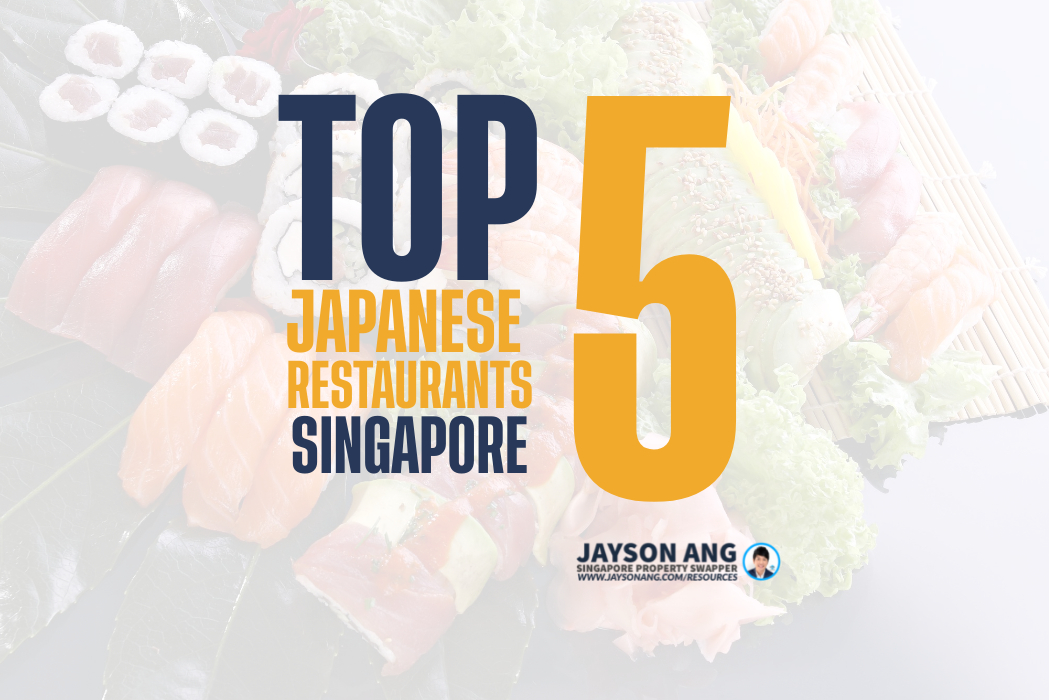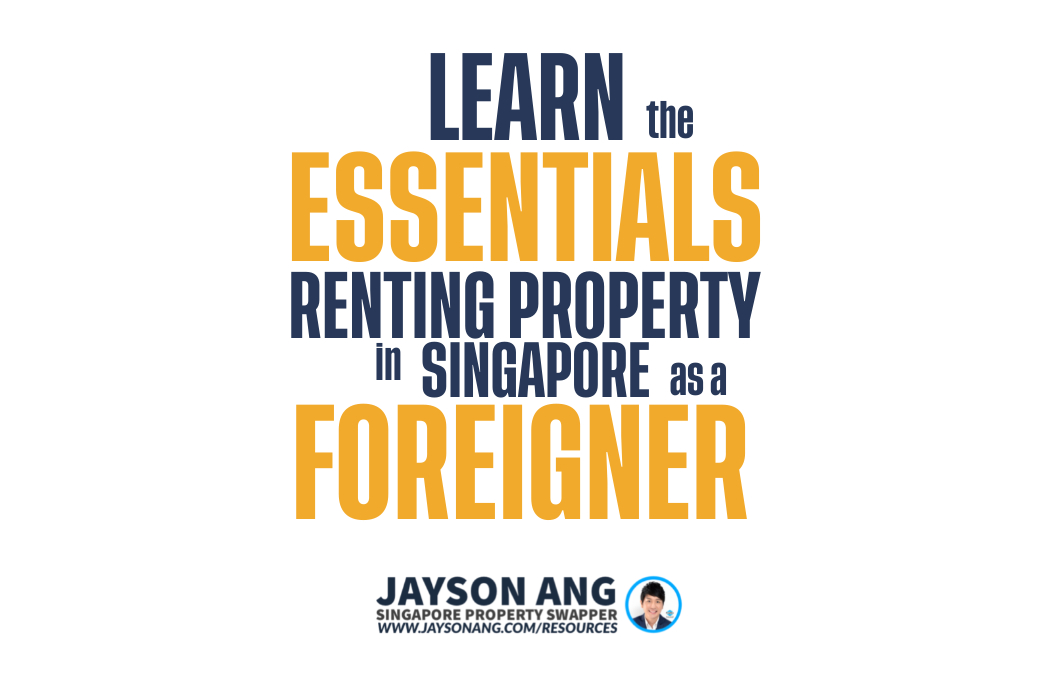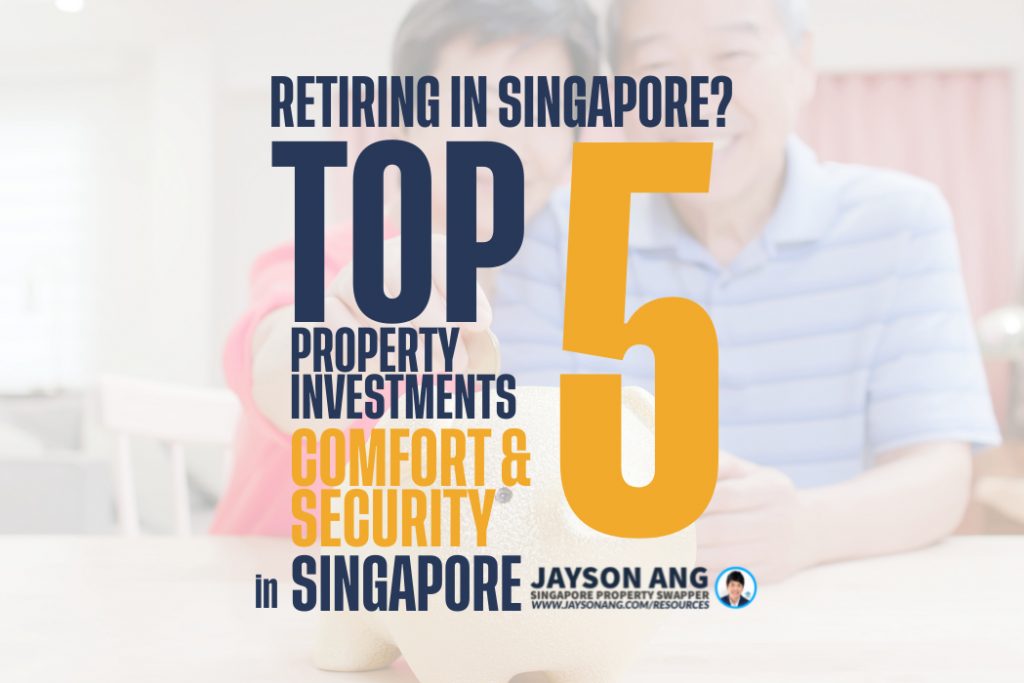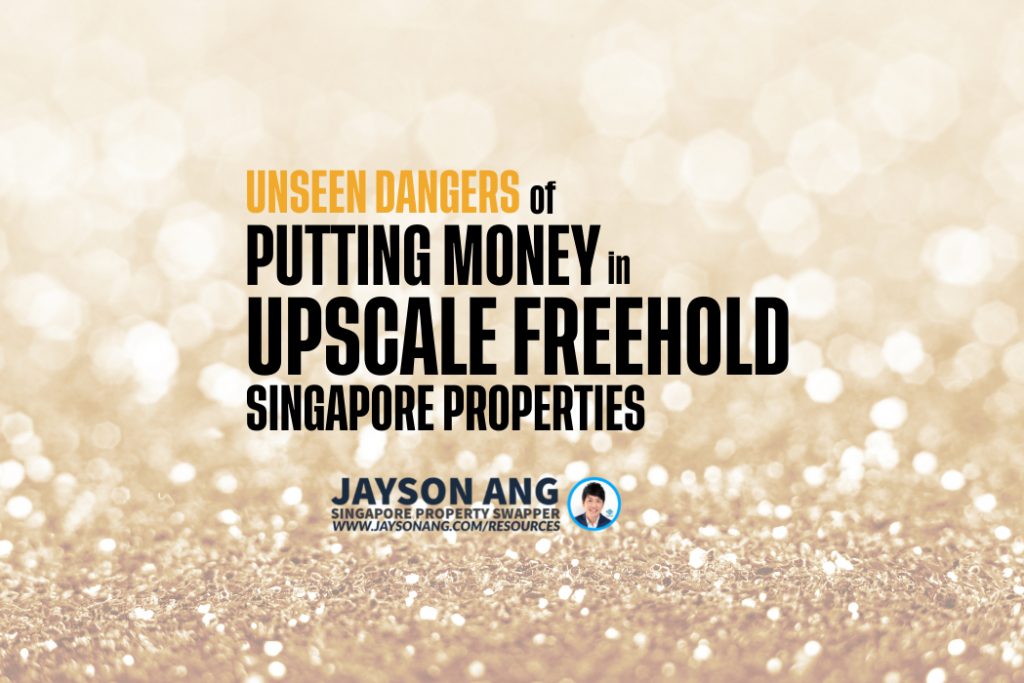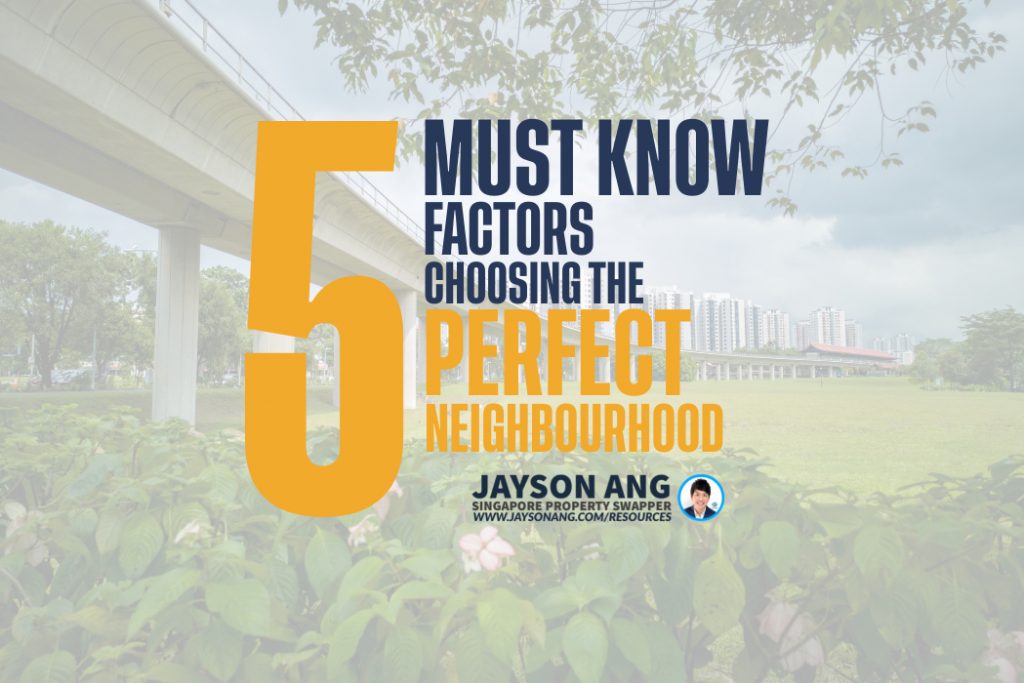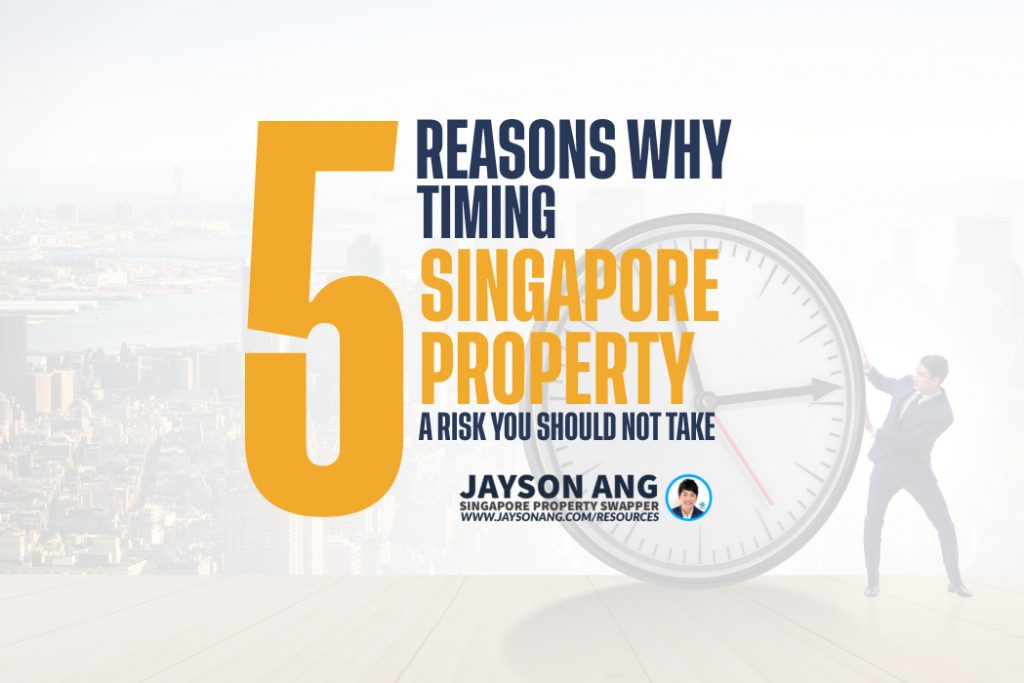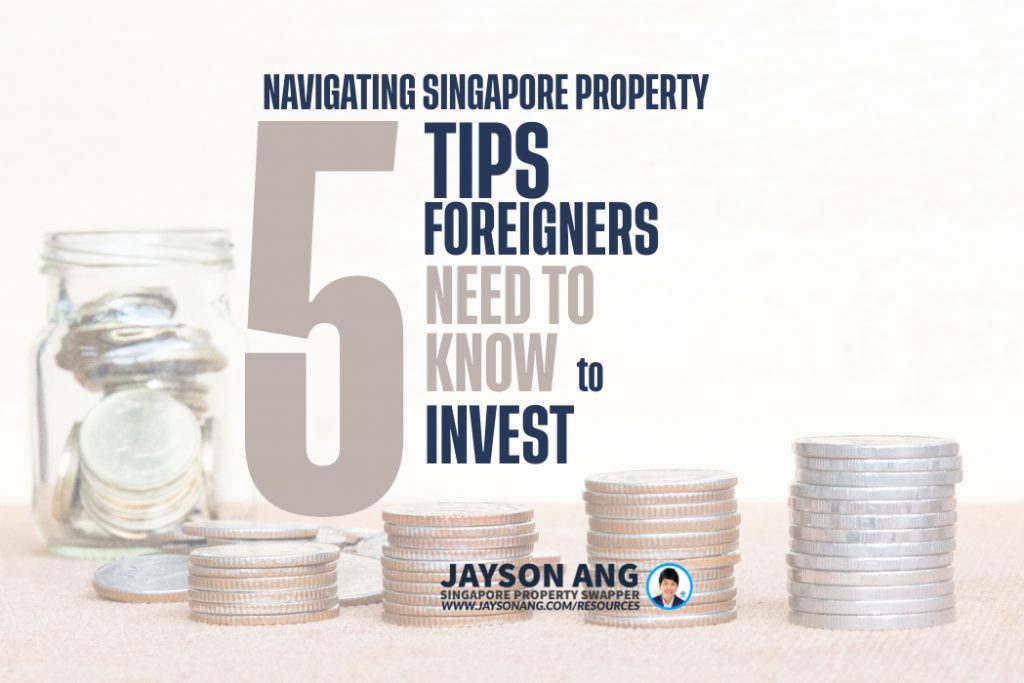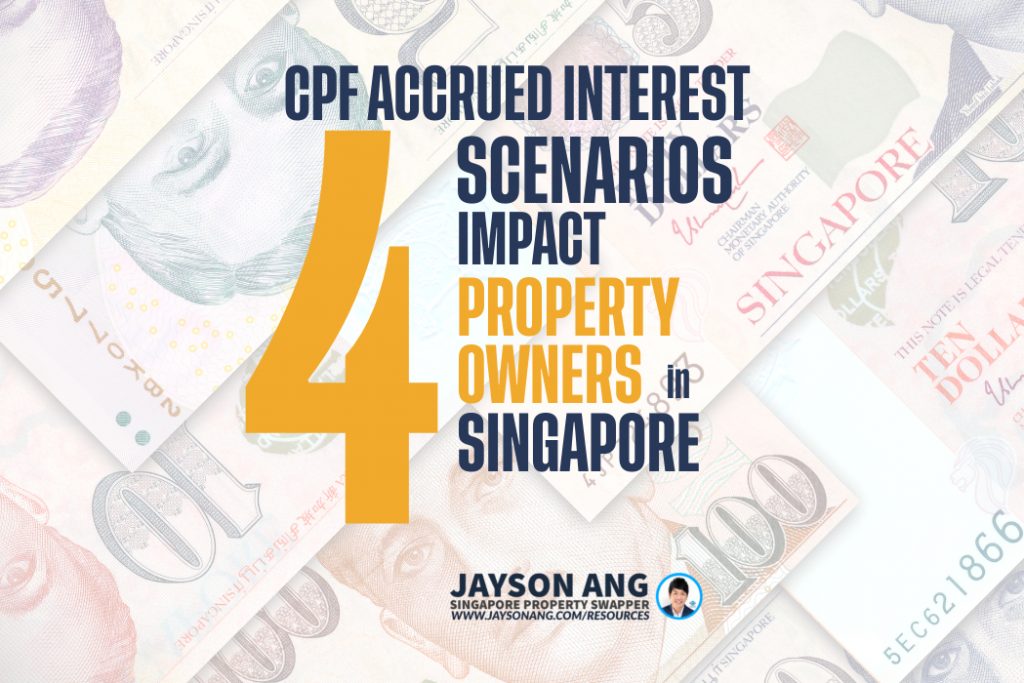Singapore’s real estate market is a dynamic and attractive investment landscape for both local and international investors. Known for its stable political environment, strong economic growth, and strategic location in the heart of Asia, Singapore has always been an appealing destination for property investments. However, despite these advantages, there are several challenges that investors face when venturing into Singapore’s real estate market.
Will discuss the top five greatest challenges that investors face in Singapore’s property market and provide a conclusion on how to navigate these hurdles successfully.
1. High Property Prices:
One of the most significant challenges faced by investors in Singapore’s real estate market is the high cost of properties. Due to limited land availability and increasing demand, property prices have skyrocketed over the years. As a result, investors may find it difficult to enter the market or secure financing for their investments.
2. Government Regulations:
The Singapore government has implemented various cooling measures to prevent the formation of property bubbles and maintain market stability. These measures include Additional Buyer’s Stamp Duty (ABSD), Loan-to-Value (LTV) limits, and Total Debt Servicing Ratio (TDSR) framework. While these regulations help to ensure long-term sustainability, they can also make it more challenging for investors to acquire and finance properties.
3. Competition:
The Singapore property market is highly competitive, with numerous developers and investors vying for a share of the limited land available. This intense competition can lead to bidding wars and inflated prices, making it harder for investors to find attractive investment opportunities.
4. Leasehold Properties:
A large portion of Singapore’s residential properties are leasehold, which means that the ownership reverts to the state after the lease expires. This can be a major concern for investors, as the value of leasehold properties tends to depreciate over time, potentially impacting the return on investment.
5. Economic Uncertainties:
Global economic uncertainties and fluctuations in currency exchange rates can significantly impact Singapore’s property market. As a small, open economy heavily reliant on international trade, Singapore is vulnerable to external shocks that can lead to volatility in property prices and demand.
Investing in Singapore’s real estate market undoubtedly comes with its unique set of challenges. However, by understanding these obstacles and carefully evaluating investment opportunities, investors can still find success in this thriving market. It is essential to conduct thorough research, seek professional advice, and stay updated on market trends and government policies to navigate the complexities of Singapore’s property landscape and make informed investment decisions.
If you would like to arrange a viewing appointment with us in Singapore, do send us a DM here
Should You Buy, Sell or Wait?
If you’re reading this, you must be trying to figure out the best course of action right now: is it the right time to buy or sell?
It’s difficult to give an exact answer since everyone’s situation is unique and what works for one person may not necessarily work for you.
I can bring you a wealth of on-the-ground experience and a data-driven approach to provide clarity and direction. From beginners to experienced investors, our top-down, objective approach will help you on your real estate journey.
I can help you by:
- Offering Strategic Real Estate Advice – I can help create a comprehensive plan to guide you through your property journey.
- Connecting Your Home with the Perfect Buyers – Through stunning visuals, an effective communication strategy, and an in-depth knowledge of the market, we’ll ensure your home is presented in the best possible way to fulfill your goals.
You May Also Like …

